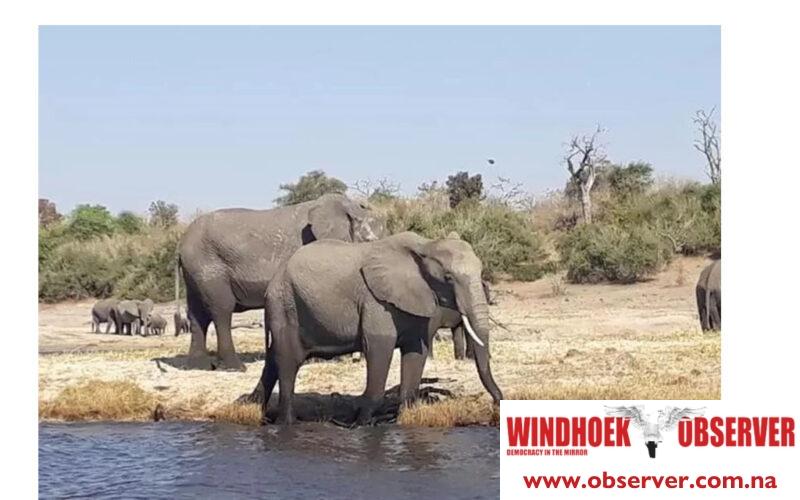Niël Terblanché
The government is facing mounting public concern following its announcement to cull 723 wild animals as part of an effort to manage drought relief and human-wildlife conflict in the country’s national parks and communal areas.
On Tuesday, the Office of the Prime Minister (OPM) stated that the Drought Relief Programme is a secondary offtake beneficiary of the ministry’s wildlife conservation management initiative, clarifying that responsibility for the culling operation lies with the MEFT.
The OPM urged those with further queries on the culling process to direct them to the MEFT, stressing that the office is merely facilitating the distribution of meat as part of the broader drought relief initiative.
This clarification comes as public debate intensified over the ethical and environmental implications of the culling programme.
“The government remains firm in its stance that the controlled reduction of wildlife numbers is a necessary measure for both human and animal survival in these challenging times,” said the OPM.
The animals slated for culling include 30 hippos, 50 impalas, 60 buffaloes, 300 zebras, 83 elephants, 100 elands, and various species of wildebeest.
The decision drew attention from animal rights groups after the Ministry of Environment, Forestry, and Tourism (MEFT) revealed plans to reduce wildlife numbers due to environmental stress and conflict with local communities.
The Cabinet has endorsed the initiative.
It follows the recent approval of the Namibia Livelihood Vulnerability Assessment and Analysis (VAA) Report, which called for sustainable wildlife management to support the government’s drought relief efforts.
Responding to concerns from conservationists and animal rights groups, Romeo Muyunda, the spokesperson of the MEFT, defended the initiative, stating that it was essential for both the conservation of wildlife and the survival of communities affected by the drought.
“Drought has had a detrimental effect on most sectors, including conservation. By reducing wildlife numbers in areas where populations exceed the available grazing and water resources, we can better manage grazing pressure and water availability,” he said.
The ministry has contracted professional hunters and safari outfitters to carry out the culling operation.
The ministry has culled 157 animals across various national parks to date, yielding nearly 57 tonnes of meat for the drought relief programme.
He said that the OPM, in collaboration with Meatco, will distribute the processed game meat to those affected by the drought.




